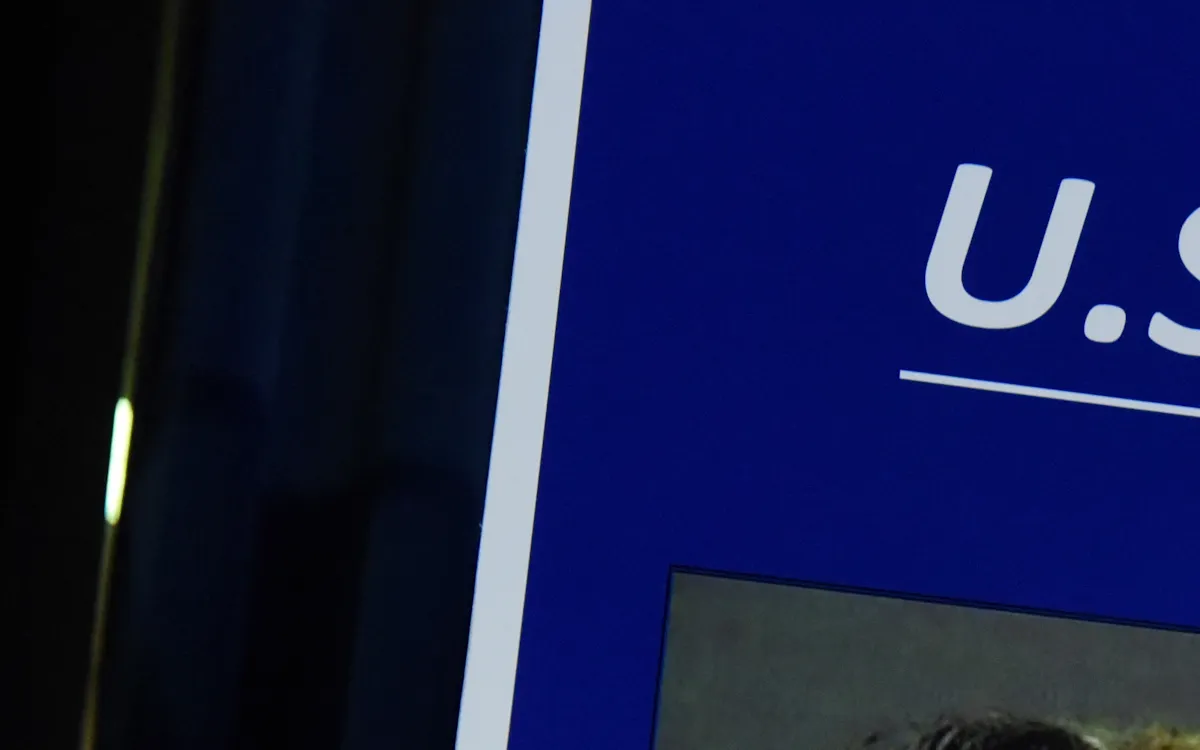
In a recent statement to reporters, Rep. Ted Lieu (D-Calif.) raised significant questions regarding the whereabouts of Jeffrey Epstein’s client list. He reminded the American public that in February of this year, Attorney General Pam Bondi confirmed that the list was “sitting on my desk right now.” Lieu’s inquiry underscores a broader concern about transparency and accountability among powerful individuals. “Where is that client list? What is Attorney General Bondi hiding?” he questioned, calling for the release of these files.
Interviews with a range of Democratic officials, strategists, and aides suggest that the Epstein controversy could serve as a strategic tool for Democrats. They believe it not only divides President Trump’s base but also highlights his inconsistency on key campaign issues. According to Pat Dennis, president of American Bridge, a Democratic super PAC focused on opposition research, this episode can be linked to a larger narrative about Trump’s failure to deliver on his promises regarding health care and veterans’ services. "It’s a way to get into, ‘maybe this guy doesn’t have your back,’” Dennis stated.
In a June 2024 interview with Fox News, Trump suggested he might release the Epstein files, stating, “I guess I would.” However, some Democratic strategists believe this window of opportunity may be fleeting. Rep. Brad Schneider (D-Ill.) emphasized his focus on the impact of a significant GOP bill, suggesting that the Epstein-related discussions might not dominate the midterm messaging. “If the president’s covering up something, I’ll let him deal with that,” Schneider added.
Recent polling conducted by Blue Rose Research revealed that a staggering 70 percent of voters suspect that law enforcement is withholding information about powerful individuals connected to Epstein. This sentiment is echoed even among 61 percent of Trump voters. The survey, which involved over 10,000 participants, indicated that a majority believe authorities are keeping Epstein's client list secret to protect influential figures like Trump. Notably, 58 percent of respondents expressed the belief that Trump may be involved in a cover-up.
A memo from Future Forward, a prominent Democratic super PAC, highlighted the broad, albeit shallow, engagement surrounding the Epstein case among voters. The memo pointed out several viral videos discussing the scandal, including a segment by Jon Stewart that garnered 1.4 million views on TikTok. While the memo acknowledged the relevance of the Epstein issue in public discourse, it also cautioned that it might not significantly impact Trump’s disapproval ratings.
Republican operatives appear unfazed by the Epstein narrative, predicting that it will fade in importance within weeks. A Republican strategist noted that the Epstein issue is not expected to resonate as strongly as economic concerns, taxes, or immigration in the upcoming midterms. They suggested that the administration should proactively address these concerns by providing more information and clarity.
While some Republicans have chosen to downplay the Epstein issue, Democrats are strategizing to tie their rivals to the scandal. Rep. Lori Trahan (D-Mass.) criticized the GOP for failing to be transparent about Epstein-related files, stating, “They won’t do it, and it just begs the question, you know what, why not?”
Democrats are also leveraging the digital landscape to amplify their messaging. Dennis confirmed that American Bridge is collaborating with influencers to ensure that their narrative about the Epstein case reaches a wide audience. However, there are concerns that not all attempts at engagement will be effective, as shown by some mixed reactions to various Democratic initiatives.
As the political landscape continues to evolve, the Epstein controversy remains a focal point for discussions about power, accountability, and the imperative for government transparency.